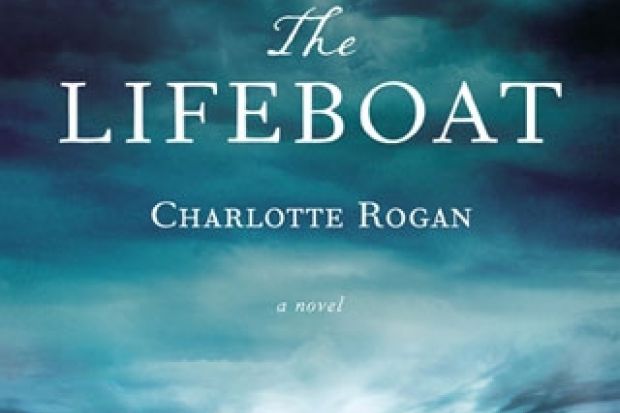Harriet Dunbar-Morris, executive officer to the vice-chancellor, University of Bradford, is reading Charlotte Rogan’s The Lifeboat (Virago, 2013). “I wasn’t sure about a tale set entirely within the confines of a lifeboat: would the story be as restricted as the protagonists? Not at all. This book had me turning the pages and staying awake well past my bedtime in order to find out what happened to the main character. Grace grows throughout her three-week ordeal and brings the reader with her, whether or not one feels sympathy for her. Read it on your commute…provided you don’t commute by boat!”

Ivor Gaber, professor of journalism, University of Sussex, is reading Eric Hobsbawm’s Interesting Times: A Twentieth-Century Life (Abacus, 2003). “Hobsbawm’s life is almost as epic as his historical writings. He spent his formative years in ‘Red Vienna’ (soon to become Nazi-occupied Vienna). He made his way to England as a Communist and never lost that conviction. But he did grow increasingly hostile to the practice of Communism as it unfolded in the Soviet Union. This is a memoir written with all the passion and erudition one would expect from Hobsbawm, and also with a deep sense of humanity and humility. An uplifting and enlightening read.”

Barbara Graziosi, professor of Classics, Durham University, is reading Arthur Koestler’s Scum of the Earth (Eland, 2006). “After the last European elections, I felt the need for strong medicine. Koestler’s book, which was first published in 1941, provides just that. It tells the story of Koestler’s imprisonment in France, together with other antifascist exiles (rebranded ‘undesirable aliens’). It explains the mechanisms of xenophobia but also – and more importantly – the international history of the European Left.”

Constantine Sandis, professor of philosophy, Oxford Brookes University, is reading Bernard Williams’ Essays and Reviews 1959-2002 (Princeton University Press, 2014). “This collection not only reveals Williams as a masterful man of letters but also serves as a reminder that the thought of a nonsystematic thinker is often best understood through his or her responses to the work of others and the sociopolitical fabric of their time. I cannot recommend this volume highly enough to anyone interested in what the humanities have to offer.”

Sharon Wheeler, senior lecturer in journalism, University of Portsmouth, is reading Molesworth (Penguin, 2000) by Geoffrey Willans and Ronald Searle. “If you are of – ahem – a certain age, one mention of ‘as any fule kno’ will have you tittering loudly and reciting other choice morsels from the anarchic brain of Molesworth, an unwilling inmate at St Custard’s school. This edition compiles all four of the books. And the 1950s humour (no, I’m not that old!) hasn’t dated a jot.”

